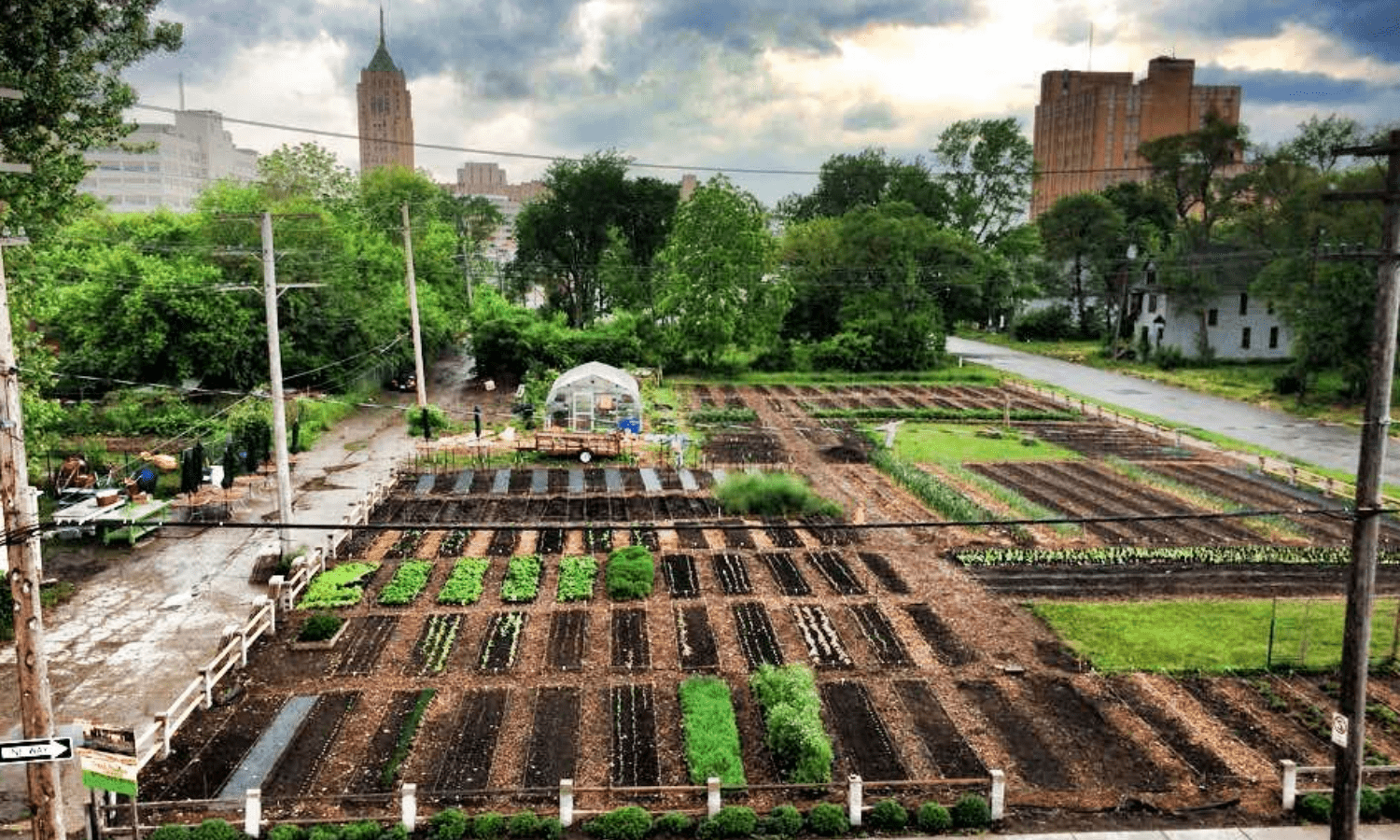#food #urban #farming #agriculture
“It is easy to confuse the term urban farm with other similar activities like community gardening, homesteading, or subsistence farming because sometimes they are used interchangeably” — Paul Ebeling
All of these operations exist to cultivate crops, but urban farms typically emphasize growing produce to be sold rather than eaten or shared.
There is a lot of variety in the types of urban farms, though the plots are always in cities or other heavily populated communities. Size can vary from a rooftop, to an unused lot, to a section of an existing park.
Growing food for and with others to eat is a big and rewarding responsibility. Anyone can start an urban farm, be it one person, a non-profit or a group of friends.
Zoning is a major consideration in urban agriculture, because it determines what kind of growing is permitted and whether animals, retail sales, and education can be included in the operation.
Any kind of farming is subject to regulations, and food production and sales can be a maze of safety and liability issues.
Commercial urban farms sometimes utilize aquaculture, hydroponics, and greenhouses to maximize yield. Some partner with commercial kitchens to make locally produced jams and sauces.
Urban farming contributes to increased food security and food access in many communities and helps people understand how food is grown, what’s in season, and how far most of it must travel before we purchase it.
Other benefits include bringing people together in community, producing nutritious food, making seasonal cooking accessible, educational opportunities, and efficient use of green spaces.
At Appetite For Change, the urban agriculture program provides members of the community with plots that they can tend with sustainable, chemical-free gardening techniques. Young people also get involved, helping to plant, maintain, harvest and sell produce at the West Broadway Farmers Market.
Together, people are keeping their communities fed. You can be a partner in change.
A noteworthy example: Resident Food Equity Advisors, Baltimore, United States: Baltimore’s Resident Food Equity Advisors (RFEA) are cohorts of local residents working to drive equitable food policies through an inclusive and collaborative process. Drawing from their own experiences with the city’s food system, each group of Advisors tackles a different issue requiring attention. The most recent cohort of Advisors developed a set of recommendations to improve food equity in and around the Housing Authority of Baltimore City Family Developments.
Eat healthy, Be healthy, Live lively








